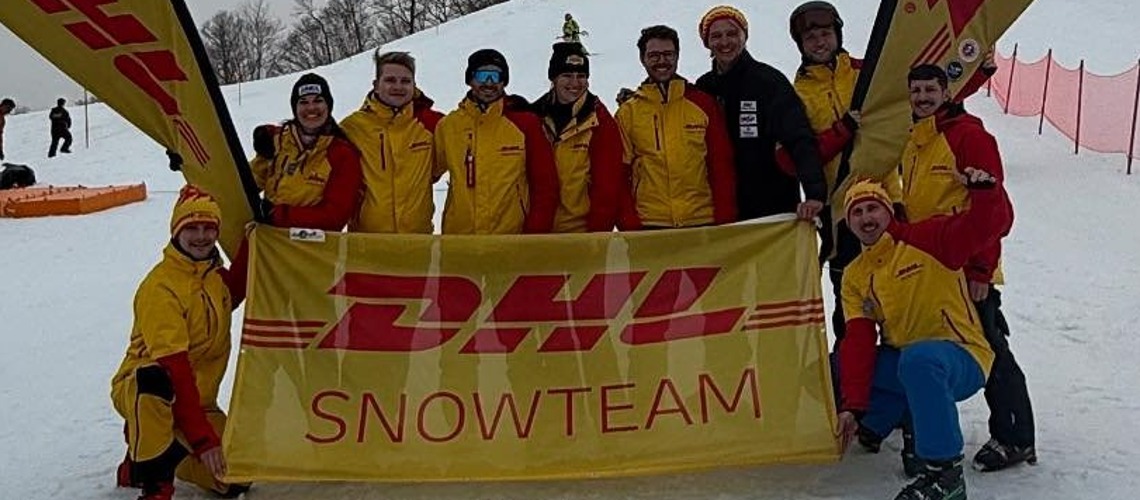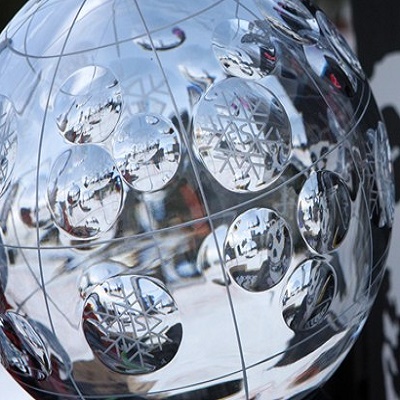Darmstadt University Of Applied Sciences, DHL & Koblenz Cable Car Launch Field Trial

Cable cars are being discussed as a public transport option in many German and European cities. So far, urban cable cars have received little attention as a logistical alternative for parcel transport. In Koblenz, the Darmstadt University of Applied Sciences (h_da), the logistics service provider DHL, and the operator of the Koblenz cable car have now launched a field trial. "Skyfreight" is the name of the joint project. It investigates how parcels can be transported in suspended form to the residential area being developed on the site of the former Fritzsch Barracks above the city.
The idea: Parcel delivery drivers load their packages into the cable car cabins at the valley station at the Deutsches Eck. They are unloaded at the top station and distributed by e-bike drivers throughout the neighborhood. This also works in reverse: Returned packages are taken to the top station by e-bike, from where they are loaded into the cable car cabins, and then picked up in the valley. This airy transport brings benefits for everyone involved: In the city of Koblenz, delivery traffic on the road is somewhat reduced, as delivery services no longer have to make the inconvenient journey to the new neighborhood. Parcel delivery companies like DHL are making their deliveries even more climate-friendly and reducing emissions. The Koblenz cable car, powered by green electricity, is utilizing its cabins even more efficiently.
"We now want to investigate how different scenarios affect the process of parcel transport by cable car," explains Prof. Dr. Johanna Bucerius from the Logistics Management program at h_da. Together with Prof. Dr. Dirk Wollenweber and an interdisciplinary team from the Mobility study field led by Prof. Dr. Jürgen Follmann, she is providing scientific support for the field trial. "How can freight and passenger transport be combined? How much time does it take to stow the parcels in the cabin? What do the passengers say? We are addressing these and other questions," explains Prof. Dr. Dirk Wollenweber. Peter Magnus, Operations Manager of the Koblenz Cable Car, adds: "For us, the Skyfreight project is an exciting step beyond traditional passenger transport. Together with our partners, we are rethinking urban mobility – more efficient, sustainable, and diverse."
Among other things, they are investigating whether it makes a difference whether packages are brought into the cabins first or whether passengers are given priority. A mathematics team at Darmstadt University of Applied Sciences is currently working with students to simulate how queues form and how they change. The aim is to develop a guideline for freight transport that other urban cable cars, such as the planned cable car in Bonn, can also follow.
"E-mobility and alternative drive systems have long been a high priority for us, and we are clearly a pioneer in logistics," says Miriam Leser, head of the Koblenz postal branch. "We now have over 32,000 electric delivery vehicles in operation in Germany and plan to electrify our entire fleet. We are also exploring other solutions, such as delivery with electric cargo bikes. Because our company is always interested in innovations in logistics, we are happy to support the cable car project at Darmstadt University of Applied Sciences in Koblenz with our postal expertise."
By Simon Colin, Editor of University Communications














